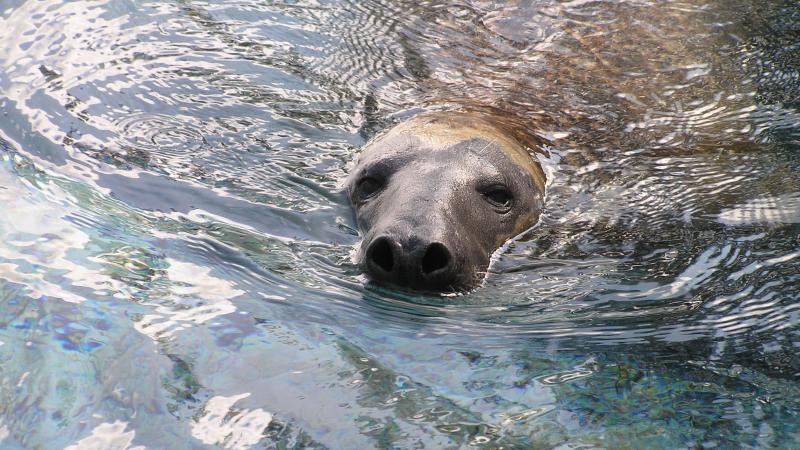Malwina Schafft was awarded the Schwoerbel-Benndorf-Award for young researchers by the German Society for Limnology (DGL). | Photo: Katharina Bunk
For my doctoral thesis, I conducted a global meta-analysis of how different recreational activities affect freshwater ecosystems. We found that all recreational activities - be it shoreline use, fishing, swimming or boating - have potentially negative impacts on plants, animals and the environment. Boating and shoreline use had the most negative impacts, especially on plants and invertebrates. The results were less clear for fishing and bathing. However, there were no significant differences between the different recreational activities.
Impacts on birds, especially behavioural responses, which were studied most frequently, were relatively low for all recreational activities. From a nature conservation perspective, it can be concluded that the ecological impacts of recreational activities on inland waters need to be weighed against the benefits in terms of human recreation. It must be taken into account that restricting individual activities may not be effective if other activities continue to take place on the water body.





